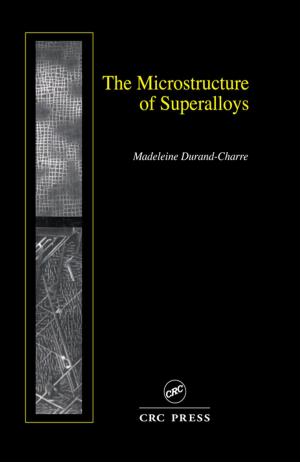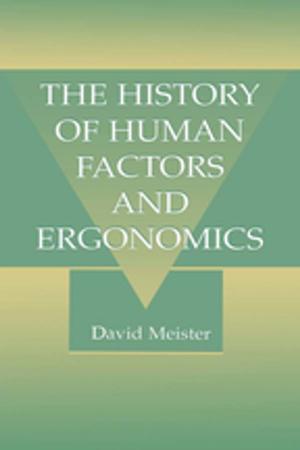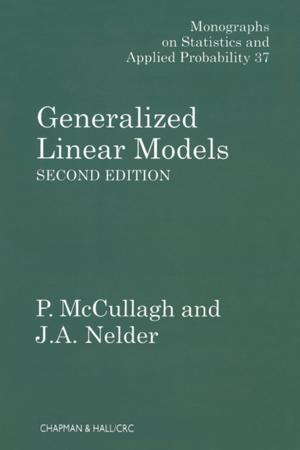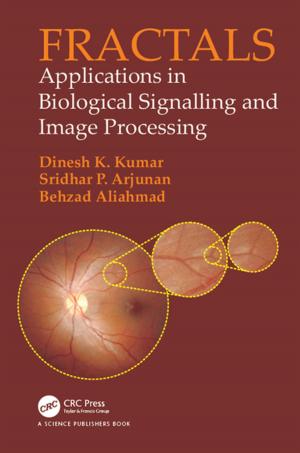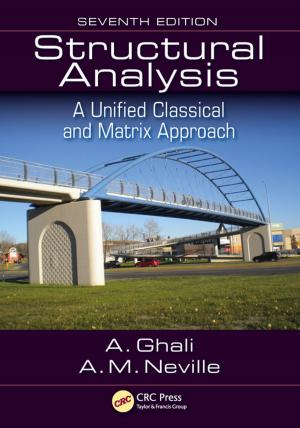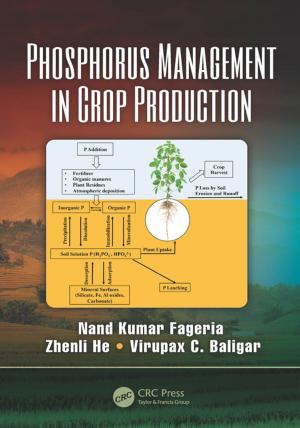Financial Feasibility Studies for Property Development
Theory and Practice
Nonfiction, Science & Nature, Technology, Construction & Construction Trades, Business & Finance, Finance & Investing, Real Estate| Author: | Tim Havard | ISBN: | 9781134622511 |
| Publisher: | CRC Press | Publication: | October 30, 2013 |
| Imprint: | Routledge | Language: | English |
| Author: | Tim Havard |
| ISBN: | 9781134622511 |
| Publisher: | CRC Press |
| Publication: | October 30, 2013 |
| Imprint: | Routledge |
| Language: | English |
Essential for any real estate professional or student performing feasibility studies for property development using Microsoft Excel and two of the most commonly used proprietary software systems, Argus Developer and Estate Master DF.
This is the first book to not only review the place of financial feasibility studies in the property development process, but to examine both the theory and mechanics of feasibility studies through the construction of user friendly examples using these software systems. The development process has seen considerable changes in practice in recent years as developers and advisors have adopted modern spread sheets and software models to carry out feasibility studies and appraisals. This has greatly extended their ability to model more complex developments and more sophisticated funding arrangements, saving time and improving accuracy.
Tim Havard brings over 25 years of industry and software experience to guide students and practitioners through the theory of development appraisals and feasibility studies before providing internationally applicable worked examples and potential pitfalls using Excel, Argus Developer and Estates Master DF.
Essential for any real estate professional or student performing feasibility studies for property development using Microsoft Excel and two of the most commonly used proprietary software systems, Argus Developer and Estate Master DF.
This is the first book to not only review the place of financial feasibility studies in the property development process, but to examine both the theory and mechanics of feasibility studies through the construction of user friendly examples using these software systems. The development process has seen considerable changes in practice in recent years as developers and advisors have adopted modern spread sheets and software models to carry out feasibility studies and appraisals. This has greatly extended their ability to model more complex developments and more sophisticated funding arrangements, saving time and improving accuracy.
Tim Havard brings over 25 years of industry and software experience to guide students and practitioners through the theory of development appraisals and feasibility studies before providing internationally applicable worked examples and potential pitfalls using Excel, Argus Developer and Estates Master DF.


